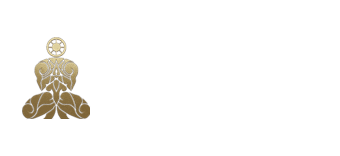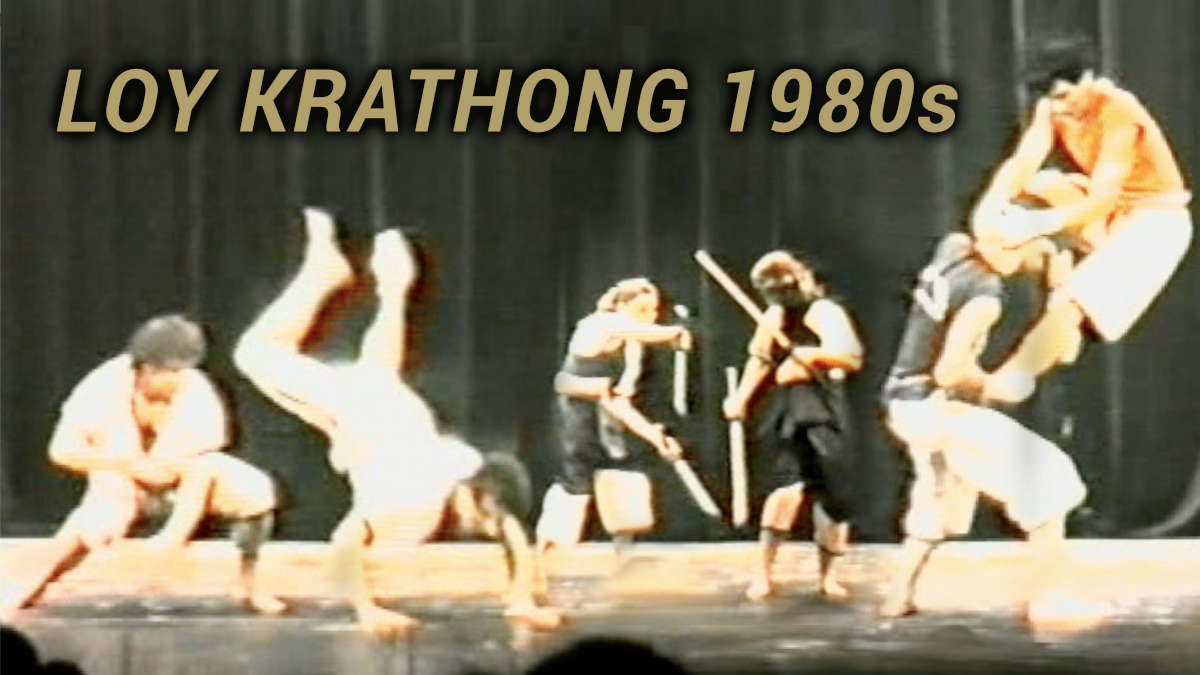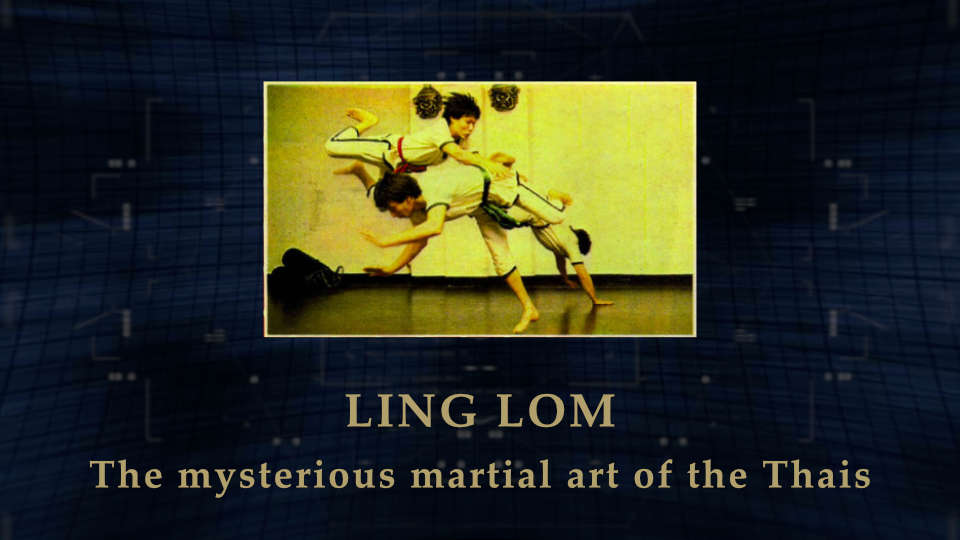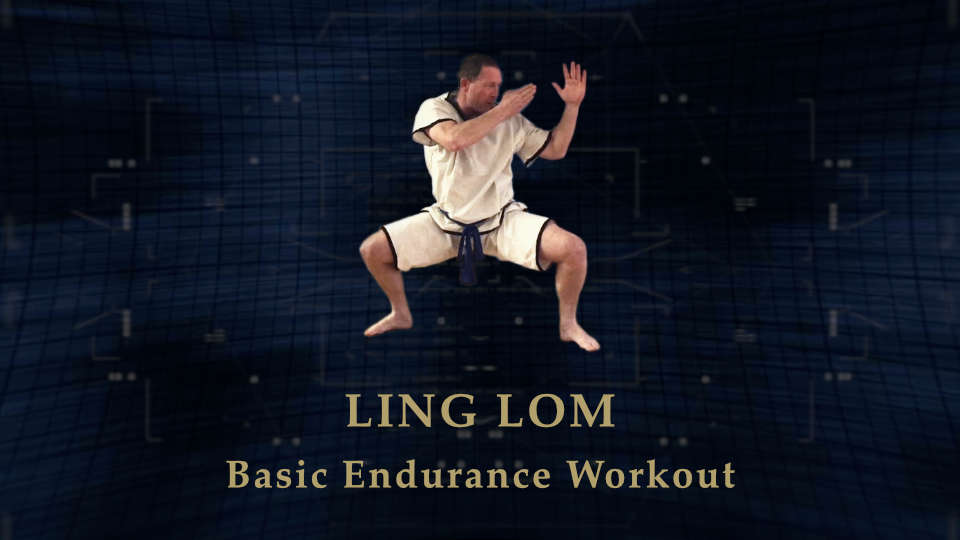Content
LING LOM – The mysterious martial art of the Thais
On this page we share a German-language magazine article about Ling Lom from the 1980s. A transcription of the article and information on the historical context can be found below.
Transcription
The name of this Thai martial art means “air monkey” in the German translation. It is due to the fact that the movements of the fighter resembled those of a monkey that flies from branch to branch in the tropical jungle.
In the past, the foot troops of the Thai kings used Ling-Lom to get to safety from the stomping feet of the enemy war elephants. At the same time, they confused the enemy soldiers with the unpredictable movements and ever new attack variants.
Only a few Thais master this ancient martial art. This is certainly due to the fact that it can only be learned in years of hard training. It also takes a certain mental maturity to undergo this unknown sport. It is not for everyone to let themselves fall on the bare ground during fall, roll or jumping exercises. But this is the only way to learn to rediscover the abilities that have always been in the human body. We have only forgotten how to move naturally. However, when we are in danger, we instinctively act correctly.
Ling-Lom cannot be defined in sporting rules, let alone practiced as a competitive sport. This Budo sport has not been influenced by any other Asian martial art and is not comparable to any of the known variants of self-defense. The variety of different grip, defense, jumping and falling techniques can only be mastered if you understand the natural movements of your own body.
The falling techniques shown in the photos are not recommended for imitation by inexperienced people. The risk of being injured is too great. Here in Europe, for the time being, only twenty specially selected people are taught in this martial art. The Thais don’t care much about spreading Ling Lom. They fear that this martial art will be abused. That is why the old masters would rather take their knowledge with them to their deaths than pass it on to the unworthy.
Historical context
The Pahuyuth School was founded in 1975 as the “Muai-Thai Studio” in West-Berlin. It was the first school to make the then unknown “Thai fighting” public in Germany. One of the tasks of this training centre was to promote Thai combat sports (Muay Thai) and Thai culture in Europe. For this reason, at that time one spoke e.g. of “Thai sports combat” or “Thai martial arts”. Measures such as these promoted tourism in Thailand and served to promote culture and the economy.
The Pahuyuth itself is not a “sport” in the sense of a form of play or competition and strictly speaking also not even a “Thai” martial art (Thailand was founded only in 1939 AD – Pahuyuth, on the other hand, is several thousand years old). Nevertheless, it is and remains the origin of all Thai and many Southeast Asian martial arts and martial arts, which is why in the seventies and eighties parts of the Pahuyuth, in agreement with the Thai and German governments, were used to promote “Thai sport” and “Thai culture” in Europe.
1989 saw the fall of the Berlin Wall and the reunification of Germany. Berlin’s special status was removed and the development of the Muai-Thai Studio took an even more authentic direction.
In the nineties, when Thai boxing had become sufficiently well known, the Muai-Thai Studio developed into the now well-known “Pahuyuth School”. The focus of the training shifted to free fighting with and without weapons (Pahuyuth) as well as to the protection and cultivation of all traditional Free-Warrior knowledge (Pahuyuth, Sart Bambatgay and Saiyasart) through education and instruction.
The traditional orientation indirectly led to the development of Muay Boran in Thailand and to a growing interest in traditional Thai martial arts (e.g. Krabi Krabong) worldwide. To this day, this school in Berlin is regarded as an important pioneer for the development of Thai martial arts in Europe, as well as a benchmark pioneer and authority for traditional Thai martial arts worldwide.
Since 2021, the teaching activities of the Pahuyuth School are no longer limited to Berlin. Through the introduction of modern hybrid and online teaching, it now enables all interested parties worldwide to learn Pahuyuth, to qualify as full-fledged Free-Warriors and to preserve the knowledge and culture of the ancient Free-Warriors for future generations.





